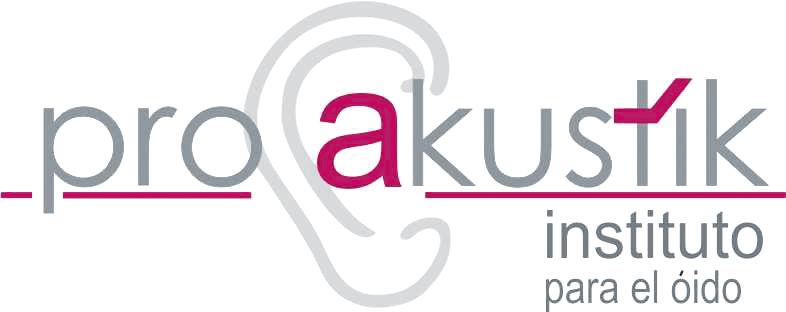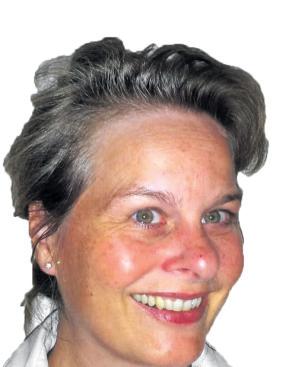
1 minute read
The future of food
Image by Denia Town Hall
Two other projects focussed on neurogastronomy, ie the study of flavour perception and the ways it affects cognition and memory.
The first of these explored the benefits of cocoa consumption and the analysis of the aromas and sensations of well being triggered by dark chocolate.
STUDENTS: Presented their end of year project.
vation of businesses’ own vegetable gardens and the sale of organic waste produced in its kitchen.
Friends of Javea Museum

ON Saturday June 17, a group of about 40 people, belonging to AMUX (Friends of Javea Museum), went on a short excursion from Cala Blanca to Portixol to visit the remains of the most important defensive construction during the Spanish Civil War (19361939), the Portixol battery.
Although Javea remained in the rear throughout the war, the importance of the defence and control of the stretch of coast between Denia and Javea led the govern ment of the Republic to create a coastal defensive line between Las Marinas and Portitxol.
The most important defensive structure built in Javea was the great battery of Portitxol. Built about 90 metres above sea level, this robust and extensive semisubterranean construction, built with thick cement concrete walls, protected the wide bay of Javea to the northwest and the small bay of Portitxol to the southeast.
Cocoa is said to have a high flavonoid content, a natural compound with antioxidant and neuroprotective effects that improves cognitive performance. It also contains stimulating substances such as caffeine and theobromine that promote concentration.
The second research, presented by Sebastián Siman, explored the application of the principles of neurogastronomy and multisensory cuisine in different areas of psychology, with the aim of promoting wellbeing, positive emotions and mental health in people.








